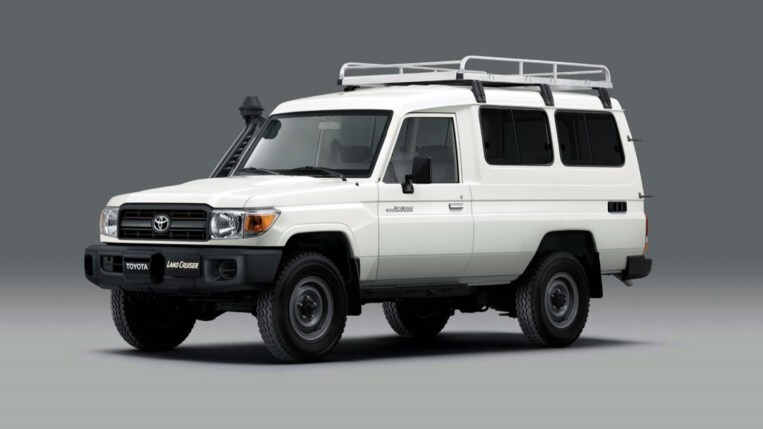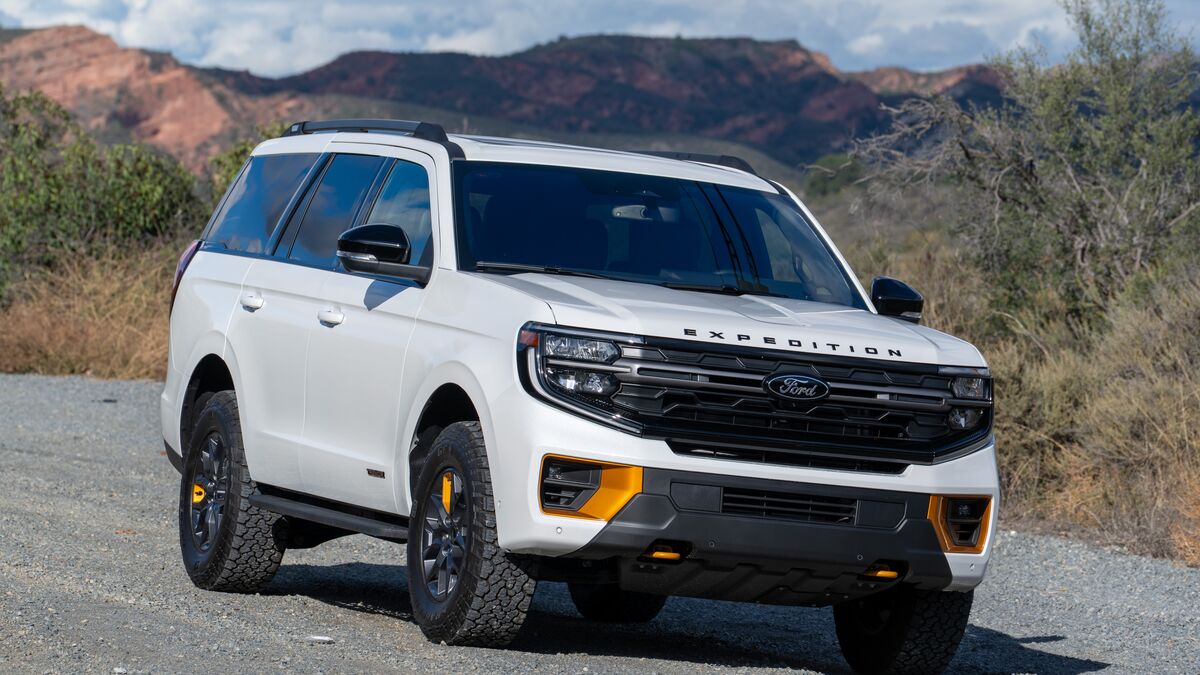Close your eyes. Wait, you’re reading. Keep your eyes open but engage your imagination.
You have to deliver crucial medicine to some of the most remote parts of the globe. It requires a vehicle capable of getting just about anywhere. And it should be astoundingly reliable. Above all, it must have enough spare power to keep a refrigerator going for hours, whether driving or not.
What vehicle are you picking, Balto?
You couldn’t go wrong with a Toyota Land Cruiser.
The World Health Organization has certified a vehicle as a medical device for the first time. To no one’s surprise, it’s Toyota’s invincible off-roader.
Toyota teamed up with B Medical Systems to build a vaccine delivery vehicle capable of transporting vaccines safely to remote areas in developing countries. The two companies paired a Land Cruiser J78 (more on what that means in a moment) with a 14-cubic-foot refrigerator designed for medical use. The vehicle powers the refrigerator while driving and the battery can run it for an additional 16 hours.
Not for U.S. Use
The vehicle Toyota used for this project isn’t the same one you can buy at a dealership today. In the 1980s, Toyota divided its Land Cruiser lineup into two products — a comfort-oriented version (called the J60 in manufacturer nomenclature not used in advertising) and an off-road-oriented version (called the J70). We got the J60. It has evolved over the decades into today’s model, which is, behind the scenes, known as the J200.
The J70 went to parts of the world where low-range gearing for trails is more important than a supple ride.
The J78 is a commercial version of the J70. It’s been in continuous production since 1984. The ultimate workhorse, it rides even harder than the usual off-road vehicle but has ultra-low-range gearing to crawl successfully through almost-impassable conditions, along with a raised driving position so you can see the rocks you’re barely going to get over. It’s the perfect choice for carrying vaccines anywhere, but it’s not legal in the U.S. because of emissions and safety regulations.
Yet it’s the perfect choice for transporting vaccines, and thus, the first car ever certified as a medical device. That will be useful long after the COVID-19 crisis has ended. Toyota notes that approximately 20 percent of infant vaccines worldwide “are disposed of annually because they become unusable due to temperature changes during transportation when distributing to hospitals and clinics within the respective countries, as the road infrastructures are inadequate and there are no proper means for refrigerated transportation.”








